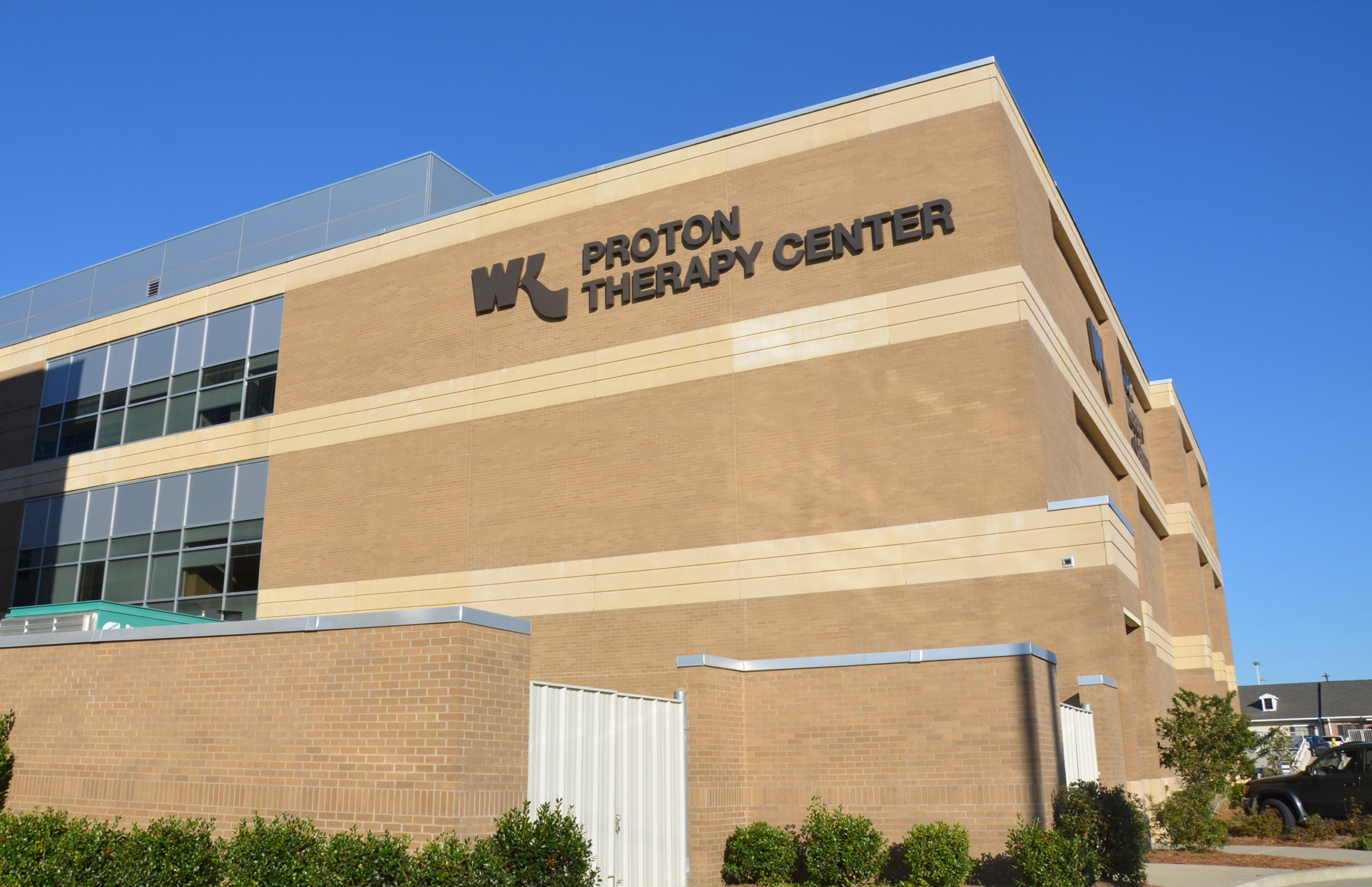COLLEGE OF ENGINEERING & SCIENCE
Medical Physics at Louisiana Tech University
Who Are Medical Physicists?
Medical physicists collaborate with medical personnel to diagnose and treat diseases. They apply their knowledge of physics to develop, design, and calibrate medical radiation and diagnostic devices, personalize medical treatments, and build careers in diagnostic, nuclear, and therapeutic medicine.

What Can Louisiana Tech Medical Physicists Do?
A medical physicist can apply analytical and critical thinking, collaboration, and communication skills to jobs in the medical field. Thanks to a partnership between our Physics program and the Willis-Knighton Cancer Center, our alumni graduate with skills to create, use, and read results from medical devices.
They are experts in mathematics and statistics and have experience handling large and complex data sets. As a result, they are trained for positions as medical technologists and are well-prepared to go to medical school.
What Can Medical Physics Students Expect at Louisiana Tech?
Members of Louisiana Tech’s Physics program are committed to your success. A low student-to-faculty ratio allows instructors to build mentoring relationships with students. They will be available to provide you with personalized advice on coursework, research, internships, and career options. Physics juniors and seniors offer peer tutoring and math and physics guidance if needed.
The Physics curriculum will prepare you for careers in physics and medicine, providing problem-solving skills in physics and training in chemistry and biology. The program satisfies requirements for medical schools and other graduate programs that prepare students for careers in medical fields. You’ll also have options to work on a medical physics-related research project with professionals at the Willis-Knighton Cancer Center or participate in biophysics, biostatistics, radiation physics, or nuclear physics research projects.
Want to Get into Medical School?
The Bachelor of Science in Physics with an emphasis in Medical Physics will provide you with all the prerequisites to enter medical school. The curriculum will prepare you for the Medical College Admission Test®, and the hands- on research through our partnership with the Willis-Knighton Cancer Center will give you a path to a career in the medical field.

I have always had a passion for physics and a desire to help patients in the medical field. I first heard about medical physics my freshman year when I heard about the newly offered emphasis within the Physics major. The option had piqued my interest, but I was not completely sure if it was right for me. Shadowing Dr. Dugas at Willis-Knighton Medical Center, I found a medical physics career to be the perfect combination of helping patients and applying physics. I highly recommend the Medical Physics emphasis for anyone who wants to use their physics knowledge in the medical field.